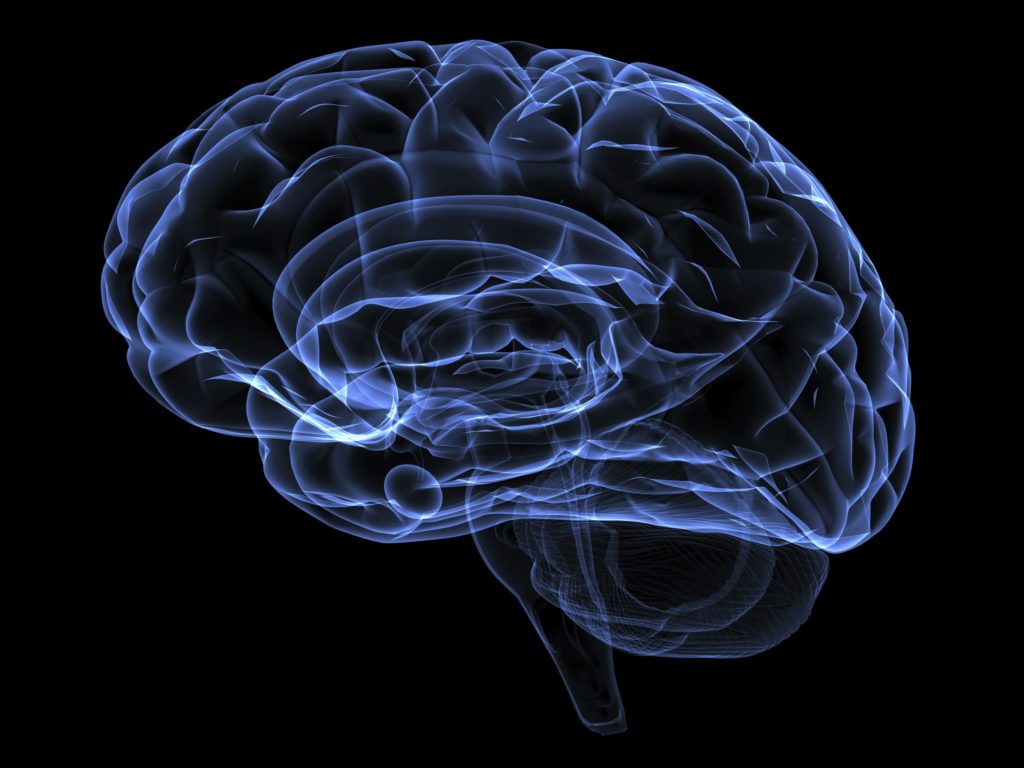Some injuries are painful, but temporary, causing only weeks or several months of inconvenience and expenses. More serious injuries, like a traumatic brain injury, have a long-term or permanent impact on the injury victim’s life, including a future of additional expenses for care and often an inability to return to work in a previous capacity or at all. The lifelong adverse impacts of a brain injury claim require more than a temporary fix with a settlement for the injury victim’s emergency care and temporary pain and suffering. For a St. Louis traumatic brain injury claim, an attorney for the injury survivor seeks compensation for the long-term care a catastrophic injury requires.

What Types of Brain Injuries Require Long-Term Care?
Fortunately, the most common brain injury is a mild concussion. This causes temporary symptoms from which most injury victims fully recover unless a history of repeated concussion causes long-term symptoms. Other types of brain injuries result in a range of long-term or permanent challenges for the injury victim. Serious brain injuries include the following:
- Coup-contrecoup injuries occur when a violent jolt causes the brain to bump against one side of the skull and then bounce back and bump against the opposite side, resulting in two regions of trauma on opposite sides of the brain
- Diffuse axonal injuries happen when a blow or powerful acceleration and deceleration of the head (like in a collision) causes the tiny nerve fibers in the brain to become sheared, stretched, or torn resulting in significant impairment
- Penetrating brain injuries occur due to gunshot wounds or objects that hit the head forcefully enough to break through the skull to penetrate the brain causing severe damage to the brain tissue and often to the surrounding brain cells due to bleeding and inflammation
These and other types of serious brain injuries such as skull fractures, and severe hematomas (brain bleeds), can leave varying degrees of permanent impairment and significant disability depending on the severity of the injury.
What Types of Long-Term Care Coverage Do Brain Injuries Require?
Many types of personal injury claims include damages for future medical expenses; for instance, for a dog bite injury on a person’s face that required emergency medical treatment and then a scheduled corrective surgery in six months to minimize the disfigurement. In other types of injuries, the resulting disability requires permanent care. After a serious brain injury with permanent effects, an injury victim may seek compensation for long-term care such as the following:
- Continuous medical treatment for necessary care such as further procedures, appointments with specialists, medications, rehabilitation, and sometimes speech and occupational therapies
- Assistive equipment for mobility and adaptive equipment for the home
- Home modification
- Home health aids and personal care assistance
- Counseling for depression, anxiety, PTSD, and injury-related behavioral or personality changes
- Residential care for those with severe impairment that prevents them from living independently
All of the above long-term care requirements indicate ongoing expenses required to maximize the brain injury survivor’s safety, well-being, and quality of life.
Seeking Compensation for Long-Term Care In a Brain Injury Claim
Common damages in personal injury claims include medical expenses for injury treatment, future medical costs, lost earnings, and compensation for pain and suffering. For brain injury survivors, their personal injury attorney seeks damages for future expenses for ongoing treatment, equipment, and therapies as well as compensation for diminished future earning capacity.
Because the terms of the at-fault party’s insurance policy may limit the compensation available, it takes a skilled personal attorney in St. Louis to seek all avenues for compensation for long-term care coverage, including finding multiple parties who share liability, filing a workers’ compensation claim for disability if the injury occurred in the workplace, seeking compensation through a first-party claim against an insurance policy held by the injury victim, or filing a lawsuit against the at-fault party. Brain injury survivors who suffer irreparable harm through no fault of their own deserve compensation from the party who caused the injury.

